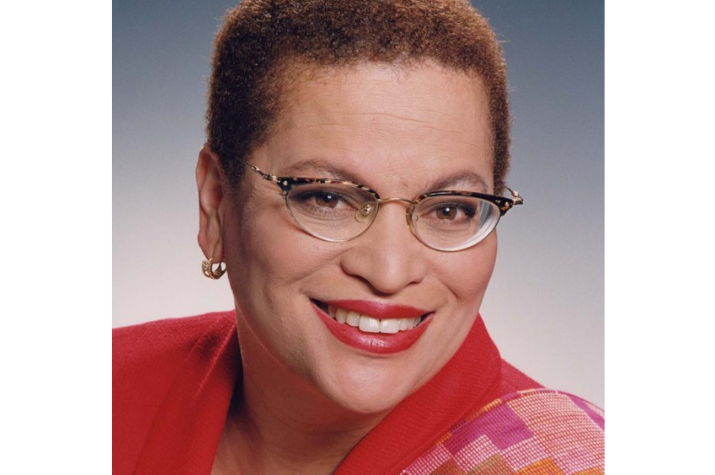By Julianne Malveaux
For a lot of people, especially in the Black community, conversations about death are uneasy. Nobody wants to candidly face their mortality. Some want to “leave it in God’s hands.” Some have given more thought to homegoing service details – the preacher, choir, and repast – than to some of the more practical aspects of making the transition from life to the afterlife. But if COVID has done nothing else for us, it has increased our awareness of our mortality. We often comfort the bereaved with the comment that “tomorrow is not promised.” COVID makes that acutely clear.
There are many decisions you can make today to ease your transition tomorrow, many choices that you should also urge your parents, grown children, and other loved ones to consider. The question, “how do you want to die” seems harsh and abrupt, but it gets to the heart of the matter. Do you want to languish in a coma for weeks or months if there is a choice? Who do you want to make that decision? Doctors tend to do everything in their power to save an ill person unless there is a medical power of attorney on file. Do you have a medical power of attorney? Who have you designated to make end-life decisions for you?
Are you prepared for the possibility of dementia or Alzheimers? African Americans are at least 14 percent more likely to experience Alzheimer’s and may be twice as likely to get it as whites. The American Alzheimer’s Association describes Alzheimer’s as a “silent epidemic” among African Americans. Given this, it is crucial to make decisions before others make them for you. Discuss this with your family, and make your wishes clear. If you cannot take care of yourself, who will you live with, or would you prefer an elder-care facility. How will you pay for it?
Only a third of all African Americans have wills. If you don’t have one, but you have assets, the state will decide how your assets are distributed and may take as much as half of your property if you die intestate. If you’ve worked all your life to accumulate assets, I’m sure you don’t want the government to take them, and the only way you can prevent that is to have a will. While it is probably best to get a lawyer to help with your will, but there are online kits that can walk you through the process. The most important thing about your will is to store it somewhere where others can find it and have it witnessed by someone not named in the will.
Talking about end-life can be challenging, but it is necessary. Remember, you want to make decisions before someone else is making them for you. One of the resources available is a book, Finish Strong: Putting Your Priorities First at Life’s End by Barbara Coombs Lee. She’s a retired nurse and President Emerita of Compassion and Choices, a nonprofit dedicated to empowering everyone to chart their own end-of-life journey. I highly recommend the book and strongly suggest that you begin having challenging but rewarding conversations with your loved ones.
Julianne Malveaux is an economist, author, and national affairs commentator.
